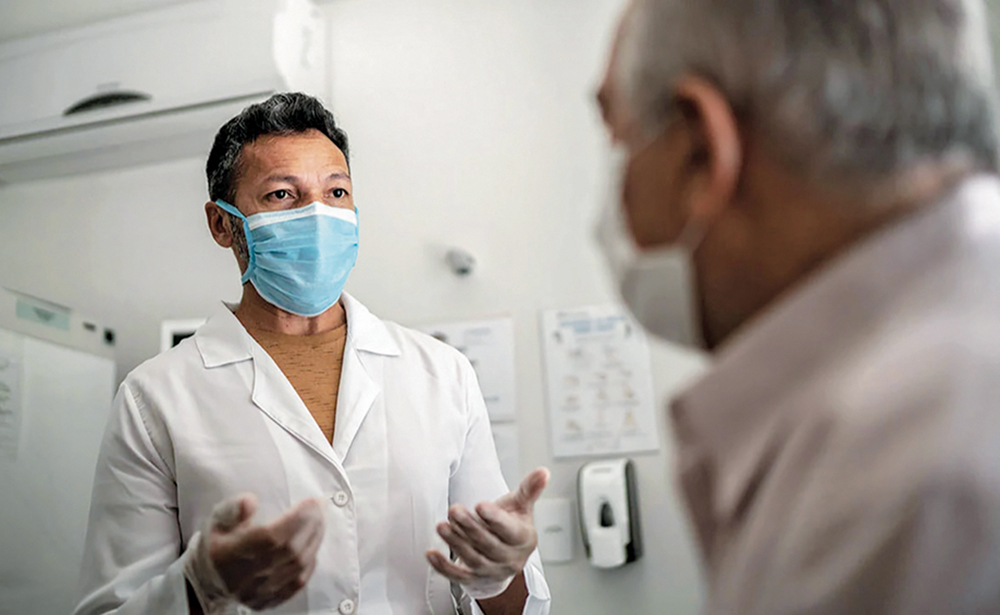Nursing & Healthcare News
Taking Aim at COVID-19 Misinformation
California physicians may face disciplinary action

As of January 1, a new state law means that medical providers who spread misinformation about COVID-19 may be subject to disciplinary action against their licenses.
Fighting Falsehoods
According to research by the Kaiser Family Foundation, 78 percent of American adults either believe at least one of eight common falsehoods about COVID-19 or aren’t sure whether those statements are true or false.
The California Legislature is so concerned about the dangers of pandemic-related misinformation that it passed A.B.2098, which authorizes state medical boards to discipline California physicians who “disseminate misinformation or disinformation related to COVID-19.” Gov. Newsom signed the bill into law on Sep. 30, 2022.



